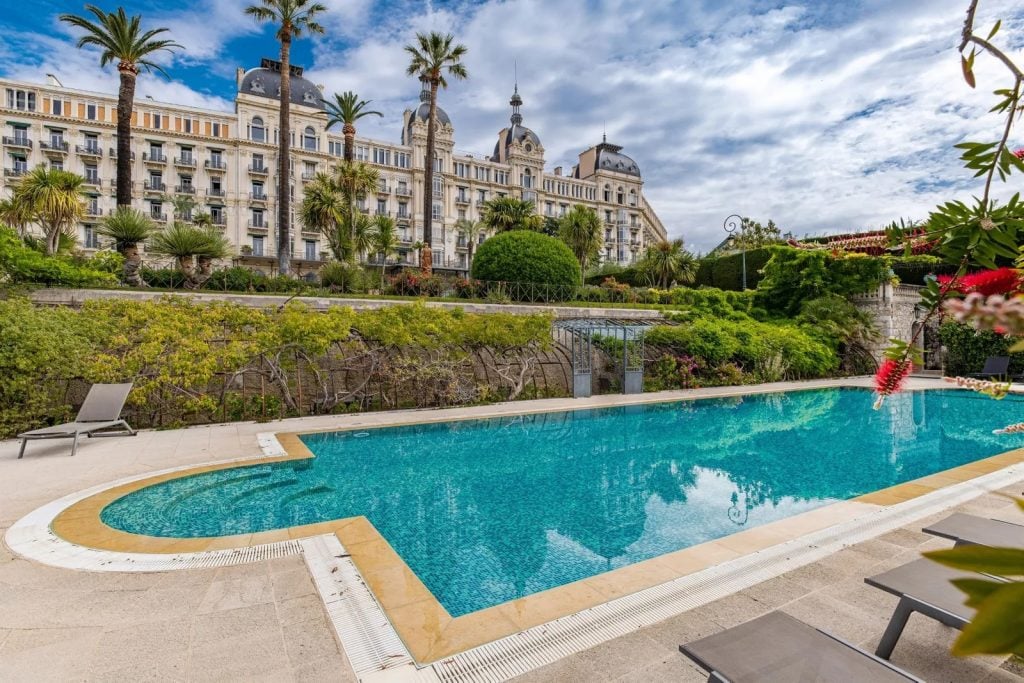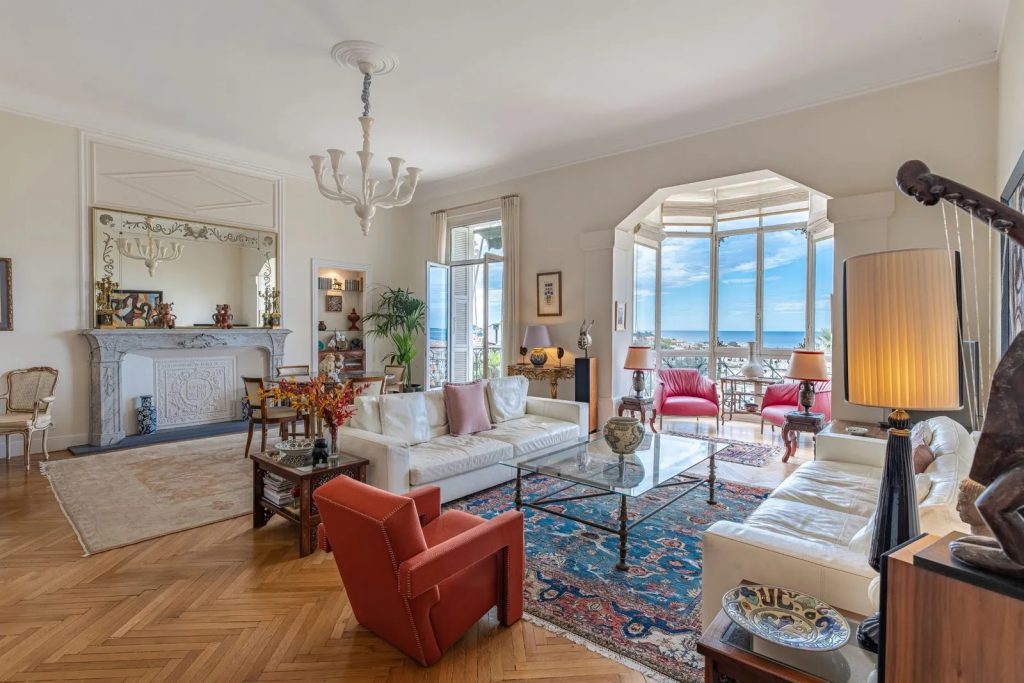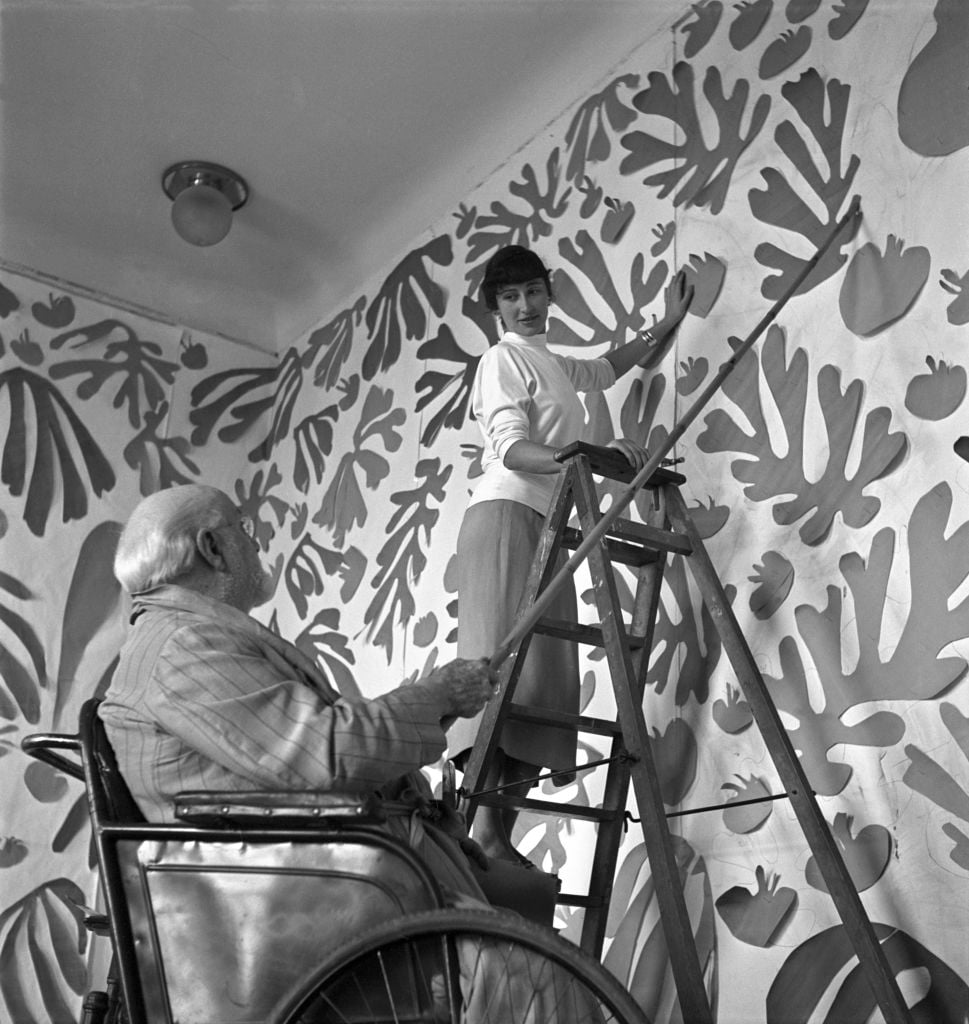Auctions
Henri Matisse’s Home and Studio on the French Riviera, Where the Artist Made His Paper Cutouts, Has Hit the Market for $2.7 Million
The apartment's new residents will occupy the space where Matisse lived and worked for over ten years.

The apartment's new residents will occupy the space where Matisse lived and worked for over ten years.

Jo Lawson-Tancred

With a bow window and four balconies overlooking the French Riviera, this grand apartment feels like it was made for Henri Matisse, who moved in when he was already a well-established pioneer of Modern art in 1938. Now it’s on the market for $2.67 million, courtesy of Côte d’Azur Sotheby’s International Realty.
The historic property exudes Belle Époque charm, and boasts five rooms—including two bedrooms—with access to a swimming pool, garage, and tennis courts.

The apartment that previously belonged to Matisse at the Régina in Nice, France. Courtesy of Côte d’Azur Sotheby’s International Realty.
The sunlit abode was not just a holiday home for Henri Matisse, but his primary residence and studio for about ten years toward the end of his life. At the time, he lived a relatively solitary existence, having separated from his wife, and was often bedridden or used a wheelchair after undergoing an operation in 1941.
It was under these conditions that Matisse simplified his practice to working with just paper, scissors, glue, and gouache to create cutouts, which remain some of his best-loved works. The apartment’s new owners may enjoy imagining the walls as they once were, when they displayed the more monumental of these works.

The artist Henri Matisse working in his studio at the Régina in Nice in 1952. Photo: AFP via Getty Images.
Matisse, who was born in the north of France, first moved to Nice in 1917. The city had a powerful hold over the artist for the rest of his life. In 1940, he considered moving to Brazil to escape Nazi occupation of France but ultimately decided to remain.
“The large colorful reflections in January, the brightness of the day are what attracted me to settle here,” he reflected in 1952, shortly before his death in Nice in 1954.
The apartment is located in the Régina on the Boulevard de Cimiez, one of the most iconic buildings in Nice. It was originally constructed in the 1890s as a luxury hotel for the Riviera’s most well-heeled guests, including Queen Victoria, who stayed three times, before it was converted into an apartment building in 1937.